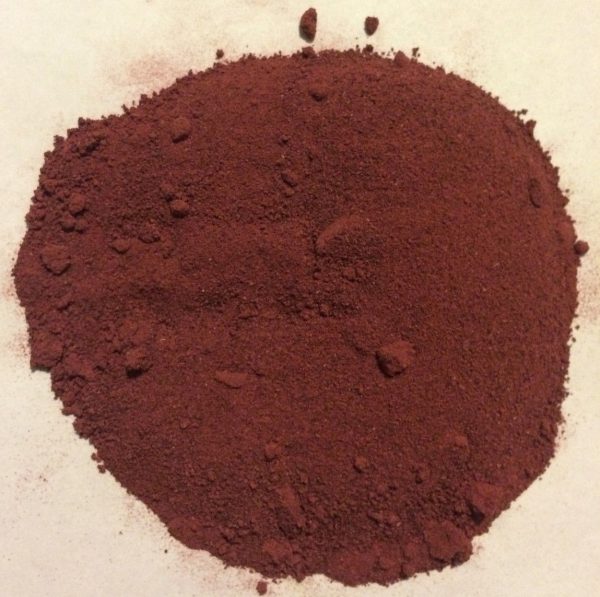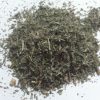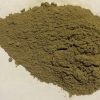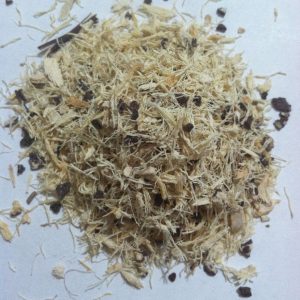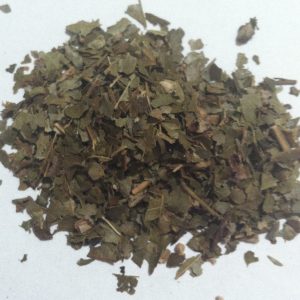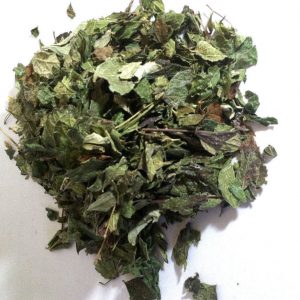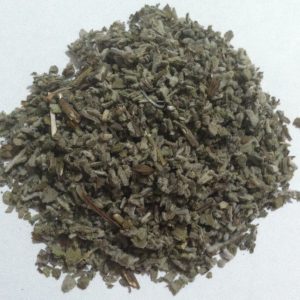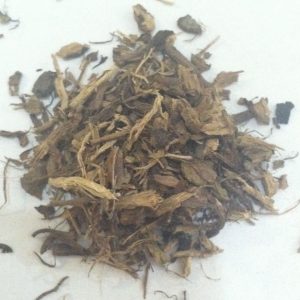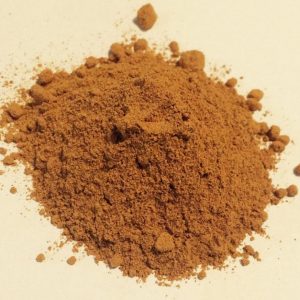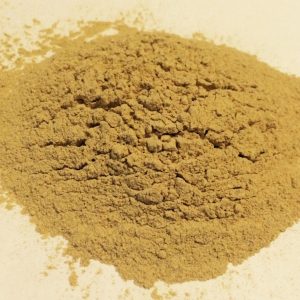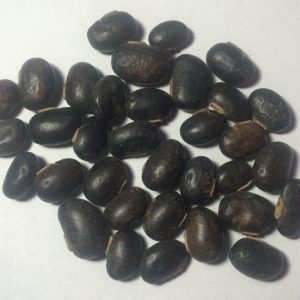Description
Common Name Standardized: beet
Other: sugar beet Botanical Name Beta vulgaris L.
Plant Family: Chenopodiaceae Overview Introduction In ancient times, beets had elongated roots like carrots and the globular red beet we now eat was only hybridized about 300 years ago. Beets have the highest sugar content of all the vegetables and are becoming popularly used as a sweetening substitute. Beet juice and beet powder are used to flavor carrot, celery, and other vegetable juices, and also to color a variety of foods. Beets, or at least the leaves of the beet, have been used since before recorded history. Charred beet roots were found among Neolithic remains at an excavation site in the Netherlands. The Sea beet, the ancestor of the modern cultivated beet, was probably domesticated somewhere along the Mediterranean. Both the roots and leaves have been used in folk medicine to treat a wide variety of ailments since the time of the Romans, who used them for fever and constipation. Hippocrates used the leaves as a binding for wounds. In the Talmud, the rabbis recommended “eating beet root, drinking mead, and bathing in the Euphrates” as part of a prescription for a long and healthy life. During the middle ages, Platina in his De Honesta (1460) noted that beet root was good for bad breath, especially “garlic breath”. Although the leaves were consumed for many centuries, the root itself was not widely consumed until French chefs recognized its culinary potential in the early 19th century. Constituents Betaine (the same as the nutritional supplement trimethylglycine, not the same as betaine hydrochloride), and also alanine, alantoin, arginine, beta-carotene, calcium, fiber (about 10% by weight), glycine, histidine, magnesium, pantothenic acid (vitamin B5), phosphorous, potassium, selenium, thiamine (vitamin B1), tryptophan, tyrosine, vitamin C, zinc, and, interestingly, although not in nutritionally significant amounts, zirconium. Parts Used The dried root, powdered. May be administered directly, whipped into a smoothie or drink, or sprinkled on food Typical Preparations One or two teaspoons added to water or juice, 2-4 times daily. One teaspoon of powder provides the nutrition in one beet. Summary Beet powder provides a wide range of nutrients, but its most significant phytochemical is betaine. Precautions We recommend that you consult with a qualified healthcare practitioner before using herbal products, particularly if you are pregnant, nursing, or on any medications. For educational purposes only This information has not been evaluated by the Food and Drug Administration.
This information is not intended to diagnose, treat, cure, or prevent any disease.



